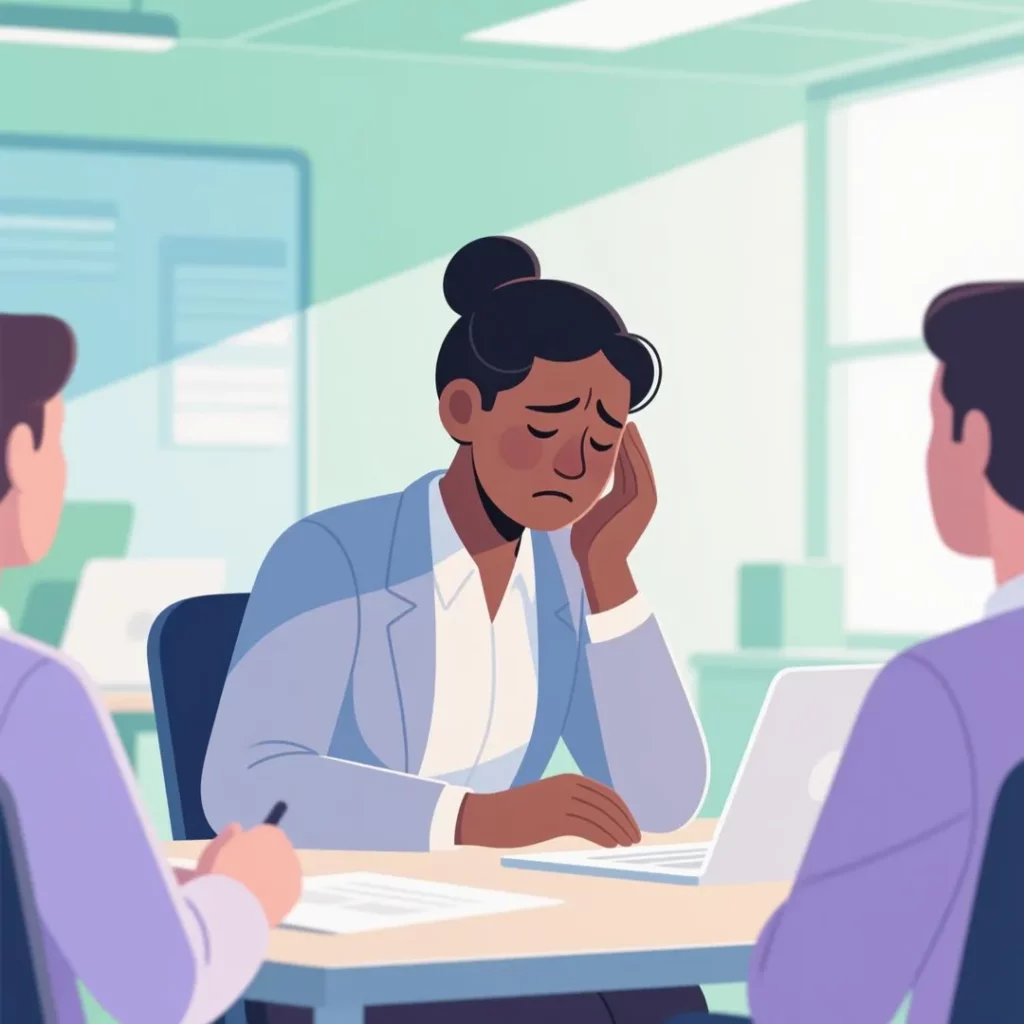In recent years, the prevalence of anxiety has risen significantly, as has the proportion of people diagnosed with anxiety disorders. But even for those affected, anxiety is a problem that goes unnoticed most of the time, so how can we recognize it?
Anxiety is characterized by thoughts, emotions and behaviors that can have a negative impact on daily life.
Here’s a summary of most of the characteristics associated with anxiety:
Emotions
- Fear
- Sadness
Thoughts
- Concerns
- Ruminations
- Obsessions
- Doubts
- Fears
Behaviors
- Avoidance of anxiety-provoking situations
- Absenteeism
- Tendency to isolate
- Increased consumption of tobacco, caffeine, sugar, chocolate, alcohol, drugs
- Impatience and aggressiveness
Anxiety is also associated with physical symptoms such as restlessness, nervousness, greater difficulty concentrating and sleeping, palpitations, shortness of breath, muscle tension, digestive problems and so on.
In short, anxiety is worrying about what might happen, or constantly dwelling on past events. We feel threatened and worried, and our bodies go into a state of alert, whether the threat is real or not.
That said, it’s perfectly normal to feel anxious from time to time. For example, it’s common to feel stressed during major changes such as moving house or taking on a new job. Other situations, such as separation, work overload or financial difficulties, can also induce stress. Anxiety can even be beneficial, as it puts us on the alert, which can help us perform better at times.
However, anxiety becomes problematic when :
- It persists over time, even when the stressor has passed.
- It generates a high level of distress
- It affects our daily lives and prevents us from functioning normally.
- It is invasive
- It persists despite our efforts to reduce it
It’s important to seek advice. Here are a number of resources that can help:
- Your family doctor
- Helping professionals available through your Employee Assistance Program(https://www.briopae.com/)
- Various resources such as the Info-Social intervention line (811 – option 2) and Phobies-Zéro(1-866-922-0002 or https://www.phobies-zero.qc.ca/)
It is possible to prevent anxiety and implement strategies to take care of yourself. First of all, basic needs must be met. Getting enough sleep and eating well can help you manage stress better. Physical exercise, particularly cardio-vascular exercise, is also helpful, as it secretes the hormones associated with well-being.
Finally, other strategies such as meditation, breath control, listening to music and talking to loved ones can help reduce anxiety. The important thing is to try and take action to promote our well-being.
Myriam Vigneault
Call and Response Coordinator
Sources:
Statistics Canada, Association des médecins psychiatres du Québec, Centre d’études sur le Stress humain and Government of Quebec.
